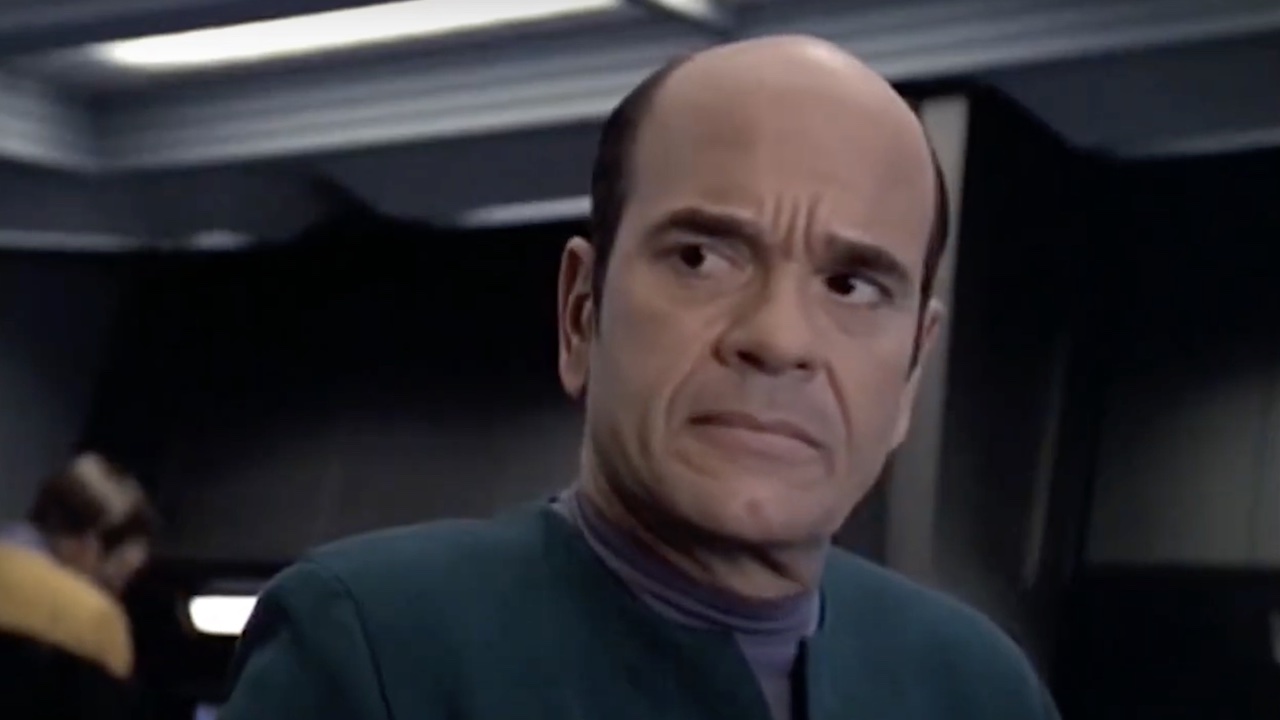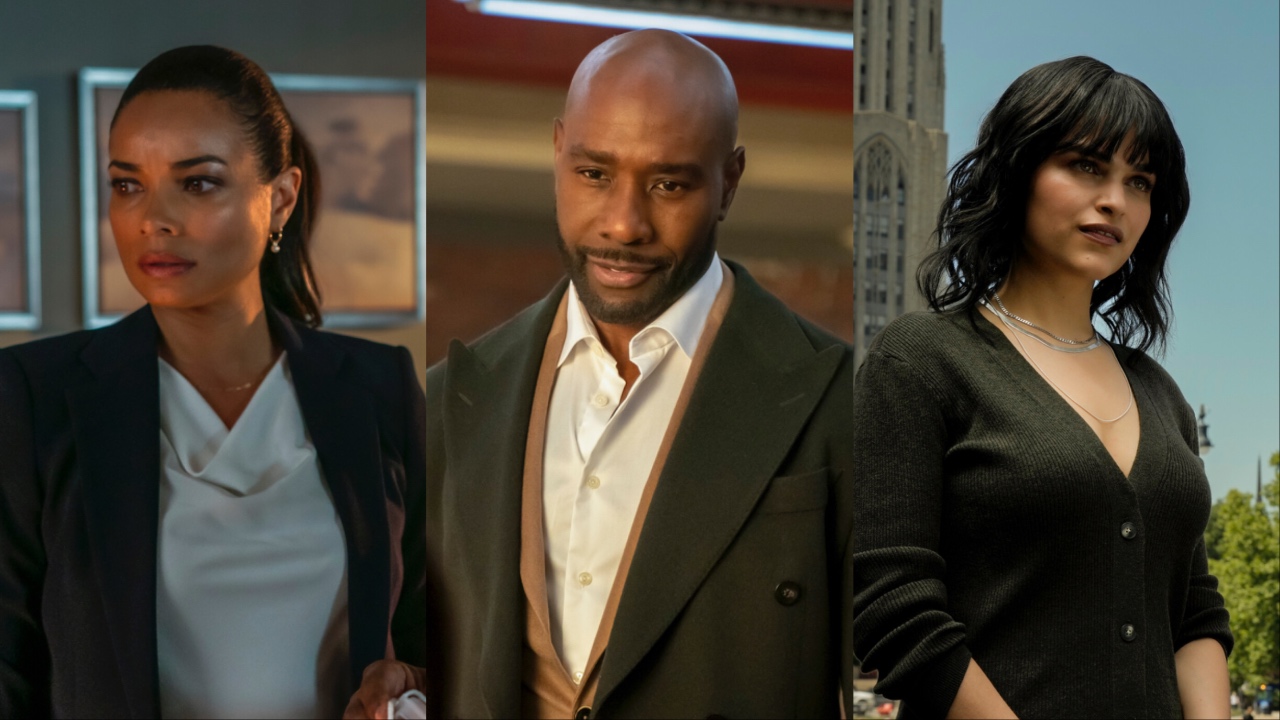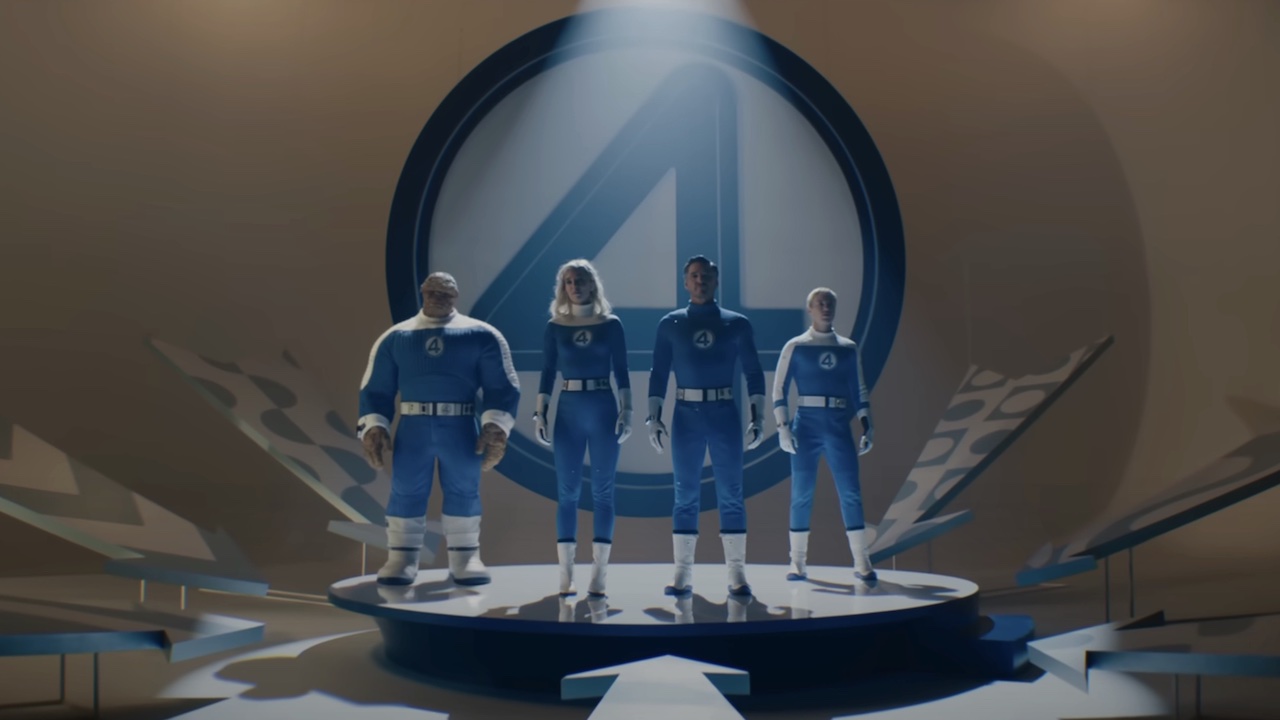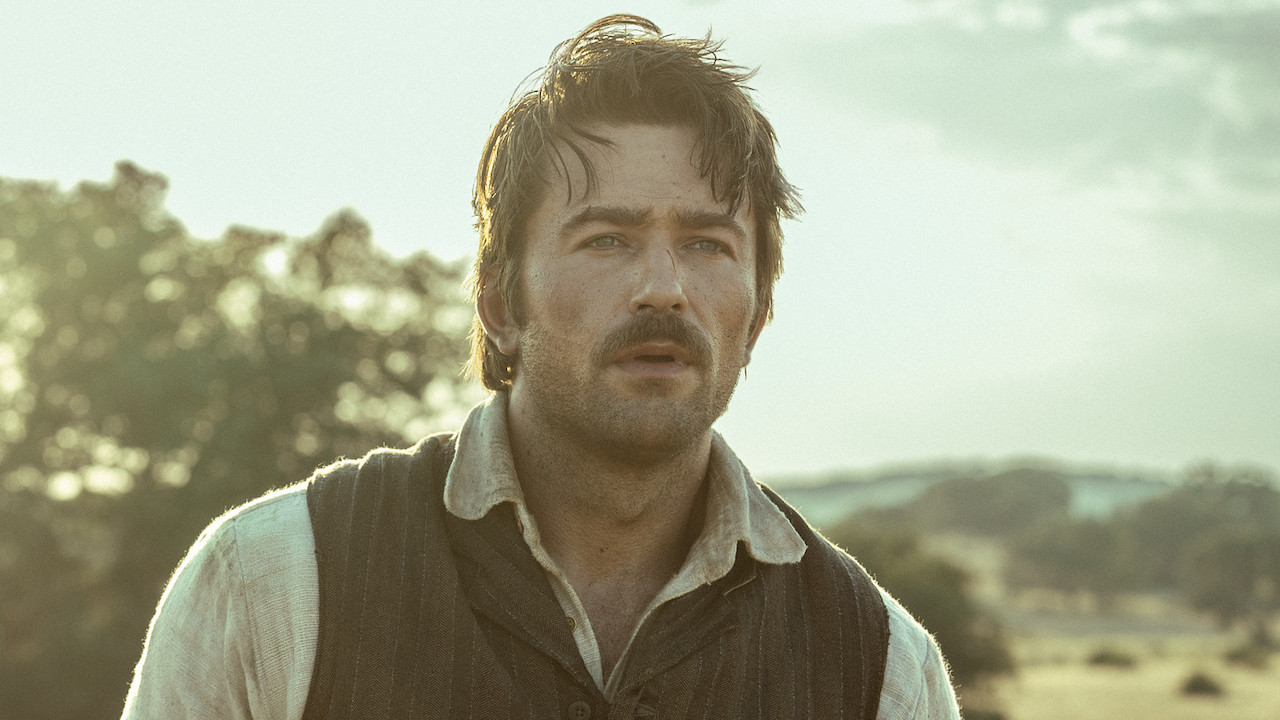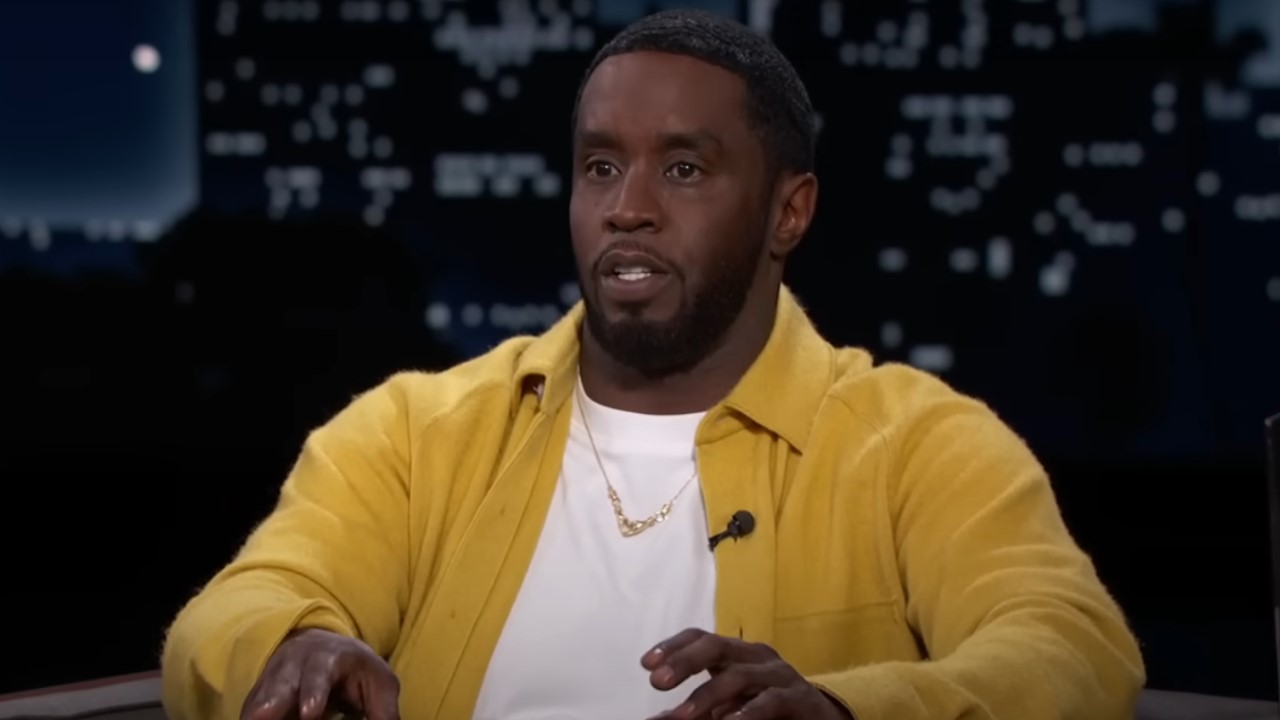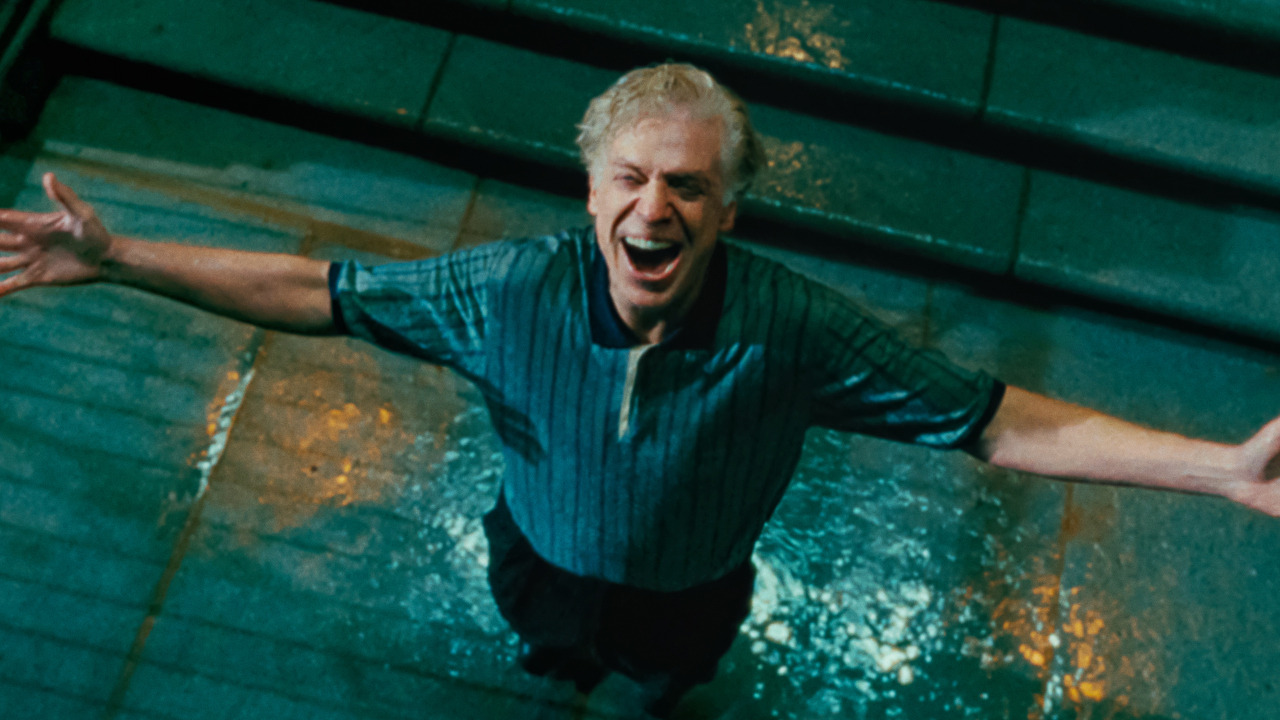Explaining The Concept Of Roland Emmerich's New Shakespeare Movie, Anonymous

Are you confused by the provocative premise behind Roland Emmerich's new movie Anonymous, or at very least the poster's tagline "Was Shakespeare a fraud?" I was too, and even after seeing the movie I had plenty of questions for the movie's screenwriter, John Orloff, who is so fascinated by the subject that he's spent 20 years trying to get a movie about the Shakespeare authorship question to the screen. He finally found the right director in Emmerich, and the two spent six years putting together the film that is now coming to theaters this Friday.
When I talked to Orloff way back in August, I peppered him with questions about the movie's central conceit-- that a nobleman named the Earl of Oxford, a.k.a. Edward de Vere, wasn't just the true author of all of Shakespeare's work, but that he also had an affair with Queen Elizabeth and was intimately involved in attempted political coups of the time. Believe it or not, most of the information in the movie is strange but true. Read below for much more from Orloff on why so many people believe the Earl of Oxford, played by Rhys Ifans in the film, is the real Shakespeare, and why it even matters to ask those questions. If you like what you read here, you can learn much more-- and get a pretty entertaining movie experience out of it too-- when Anonymous comes to theaters this weekend.
So to go back to the beginning-- what is the Oxfordian theory, and where did it start?
For a couple centuries there's been questions about who really wrote these plays. The person we call William Shakespeare is really an unknown figure, unlike other playwrights and authors who we know quite a bit about their lives, even contemporaries of Shakespeare. We know almost nothing about Shakespeare. There's not much of a written record about him, and there's no paper trail. There's no manuscripts, no letters, no nothing. We don't have a single piece of paper that Shakespeare ever wrote.
We've seen his signature, though, haven't we?
We have his signature on a few contracts that he signed his name on. That's it.
OK. But we have no evidence that the things we know him to have written were actually written by him.
CINEMABLEND NEWSLETTER
Your Daily Blend of Entertainment News
Exactly. We don't even know if the man could write, because there's no letter that exists written by William Shakespeare. And his father was illiterate, and his children were illiterate. We have their signatures, and their signatures were X'es. There's always been a question about William Shakespeare.
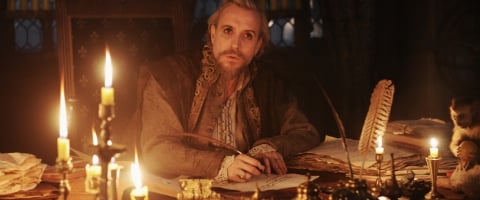
Over the centuries people have always posited, "Wow, that seems odd." Mark Twain, Henry James-- he said "I'm haunted by the conviction that the divine Shakespeare is the biggest and most successful fraud ever perpetrated on an unsuspecting public." Then in the 1920s this Englishman decided to try to figure out if he could figure out who Shakespeare was. And he did it in this inverse way. He said, whoever the poet was, he had to have these certain qualities. He had to speak Latin, French, Greek and Italian, because a lot of Shakespeare's source material was in those languages, and it hadn't been translated into English. He had to be knowledgeable about the law, because it was brought up in many of Shakespeare's plays. It's probable that he went to Italy. if you just look at the plays, what do we know about the man who wrote them? So he went back and found this man named Edward de Vere, who fit all the criteria. And the more he did research about this guy, the more fascinated he became. I learned about all this stuff through reading a book about Edward de Vere. I had already gone to film school, I always wanted to be a filmmaker and I was interested in theater as well, and here it was, here was this story about Edward de Vere. It just seemed like this amazing idea for a movie.
What made you not just interested in this story, but see it in your head as a movie?
Well first of all, Shakespeare's not just literature, he's drama. He's the antecedent to film. The beginning of modern storytelling in dramatic form that is still seen today. I would argue that we are the evolution of what he was doing 400 years ago. We evolved from what he did to what we do, but we're still telling stories to an audience in 2-hour increments instead of 5-hour increments.
Edward de Vere is this ready-built tragic hero. How do you go about building a story around him?
You look at Edward de Vere, and you see in Edward de Vere's biography and his life, everything that happens in his plays. Hamlet is Edward de Vere. Polonius is William Cecil, de Vere's father-in-law. The thing that happened to Prince Hal in Henry IV happened to Edward de Vere. The things that happened to Hamlet happened to Edward de Vere. He's in all of these characters. Once you do that you go, oh my God, suddenly these plays have meaning. Obviously the man whose life inspired all of these events, if you go with that theory, is an interesting man to explore as a cinematic character.
You get some of those parallels explicitly in the movie, like he stabs someone through a curtain. But there are so many other parallels, so how do you choose them?
Yes, I could make a documentary about that that goes on for two days of all the examples, and it would be hours and hours and hours. But that's not an interesting movie. The movie is not a polemic, the movie is not trying to convince you of anything. The movie is trying to have a good story and be interesting and rich characters that have interesting themes.

You and Roland Emmerich spent several years putting this together. How long did it take from beginning writing together to when you went into production?
4 years. We almost went into production in '05 or '06, and just before shooting it didn't happen for reasons that movies sometimes don't happen. Then after 2012 Roland called me up and said he thought we could get it going again. It was one of those times where it was great that we waited, because in '05 he was planning to do it with miniatures, doing 16th century London physically with miniatures. Now, technology has advanced so much, and one of the things I"m most proud of about this film is nobody has ever made a period movie that way. We've taken all of the technology they use in science fiction movies and applied it to period a movie.
People want to believe in Shakespeare. Why is it worth upending what you think about this guy, learning about Oxford. Why should people let go of this assumption they have about Shakespeare and see this movie?
An awful lot of people believe it, for one. A lot of smart people, like four US Supreme Court justices. Really interesting people think this is not some odd, crazy little conspiracy. But ultimately, you're asking me does it matter who writes plays. Ultimately no, of course it doesn't matter, because we don't know anything about Shakespeare as it is and we love the plays. Even if it was Shakespeare, it doesn't make us love the plays any more. Even if it was a group of people, it doesn't matter, because we have these great, amazing pieces of work with which to imagine the human condition. The plays are totally wonderful whoever wrote them.
Staff Writer at CinemaBlend

